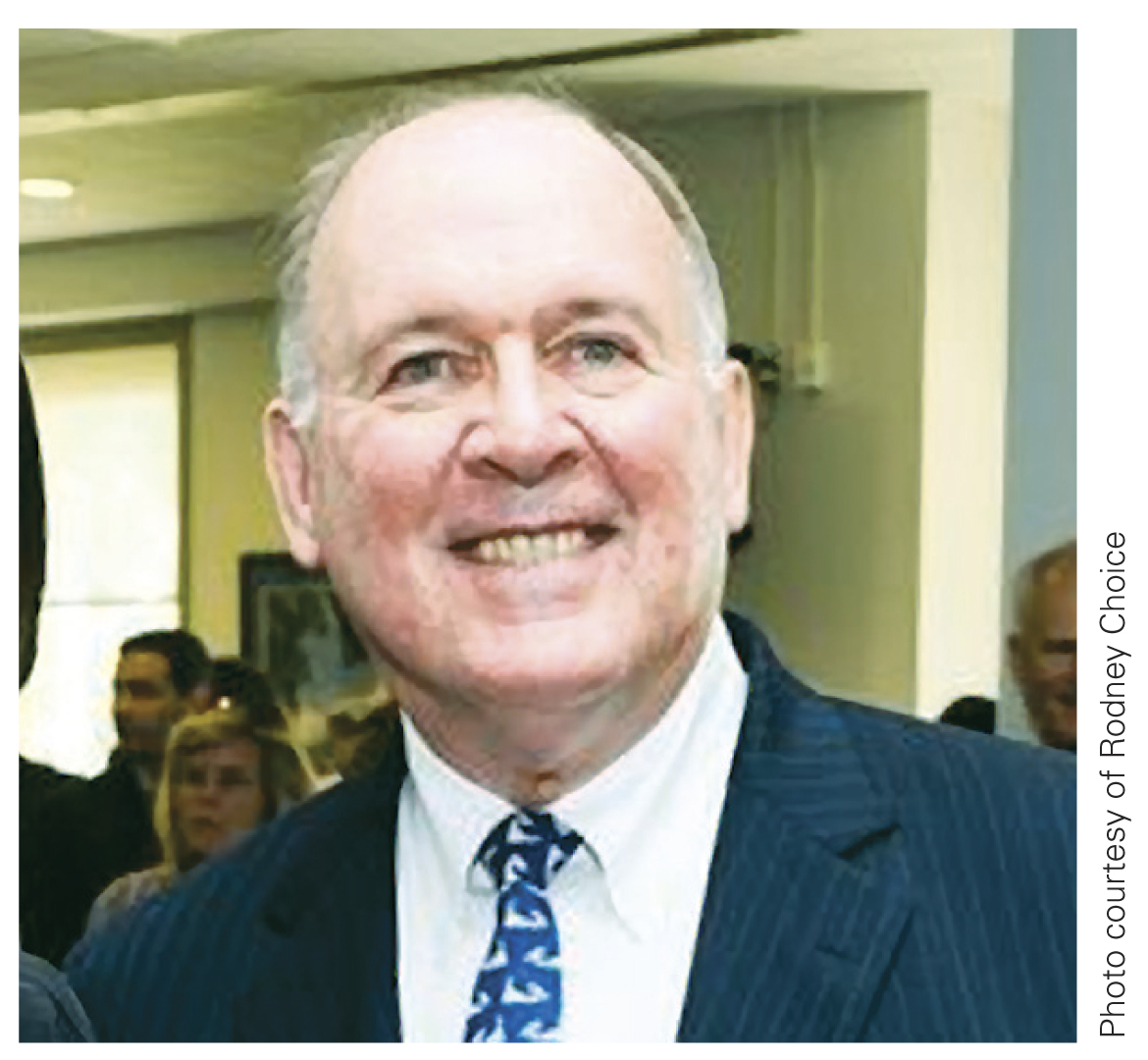Wednesday, February 14, 2018
(February 14, 2018) – In April 2017, the National Association of Regulatory Utility Commissioners’ (NARUC) then-President Robert Powelson and the panel’s executive committee established a new Presidential Natural Gas Access and Expansion Task Force. The task force was charged with developing best practices and recommendations regarding natural gas service for so-called underserved and unserved areas of the country including, but not limited to, rural communities. 
The primary responsibility of the Task Force was to prepare an analytical report that:
The report of the Access and Expansion Task Force was released in November and Petrash felt he could claim partial success. “It was not an across-the-board endorsement of subsidized expansion,” he said. “They shared seven common approaches but did not recommend one over the other. They did refer to some subsidized expansion policies that we object to that are already in place in some states. They shared a lot of alternative means of expansion that are much more acceptable to us.”
The challenge of subsidized natural gas expansion will no doubt continue. Petrash noted he is now working on making a case against a proposed plan by AltaGas Ltd. of Canada, which is purchasing Washington Light Gas Holdings Inc. of Maryland for $6.4 billion. The plan opposed by NPGA is for the newly merged companies to provide $30 million to state agencies to encourage natural gas expansion. “That may not be rate payers directly funding the buildout of the natural gas pipelines for new customers, but we also strenuously oppose the government subsidizing natural gas expansion in any way,” he said. “NPGA and the fueloil dealers will be working hard to oppose this plan in Maryland.” —Pat Thornton

The primary responsibility of the Task Force was to prepare an analytical report that:
- Studies current access, expansion and service extension policies for underserved and unserved areas.
- Examines the need for access and expansion including case studies and review of the barriers and obstacles to such access.
- Recommends potential mechanisms to address the benefits and opportunities for access and expansion and identifies alternative or unconventional approaches to reaching unserved and underserved areas; and
- Compiles a national best practices collection on natural gas access and expansion to underserved and unserved areas.
The report of the Access and Expansion Task Force was released in November and Petrash felt he could claim partial success. “It was not an across-the-board endorsement of subsidized expansion,” he said. “They shared seven common approaches but did not recommend one over the other. They did refer to some subsidized expansion policies that we object to that are already in place in some states. They shared a lot of alternative means of expansion that are much more acceptable to us.”
The challenge of subsidized natural gas expansion will no doubt continue. Petrash noted he is now working on making a case against a proposed plan by AltaGas Ltd. of Canada, which is purchasing Washington Light Gas Holdings Inc. of Maryland for $6.4 billion. The plan opposed by NPGA is for the newly merged companies to provide $30 million to state agencies to encourage natural gas expansion. “That may not be rate payers directly funding the buildout of the natural gas pipelines for new customers, but we also strenuously oppose the government subsidizing natural gas expansion in any way,” he said. “NPGA and the fueloil dealers will be working hard to oppose this plan in Maryland.” —Pat Thornton

